21 May, 2021
Interview with Harbour Hospice Life Stories Coordinator, volunteer Pennie Kennings
No matter how ordinary our lives, we all have a story to tell. That’s the ethos of Harbour Hospice’s life stories team, says its coordinator, retired counsellor Pennie Kennings.

No matter how ordinary our lives, we all have a story to tell. That’s the ethos of Harbour Hospice’s life stories team, says its coordinator, retired counsellor Pennie Kennings.
Their families benefit, too. “Sometimes they hear stories they’ve never heard before. It can open up conversations.”
Normally the biographers visit the patient on their own. “That's the best way to get their story, because it is their story,” explains Pennie.
“But if they want someone to help jog their memory then a family member will sit with them. There was one elderly man who wanted his brother there so that they could remember some of the stories and they had such a special time reminiscing. That was really lovely.”
The stories are not edited other than to remove extra ‘ands’ and ‘buts’ because it’s important to retain the voice of the patient, Pennie explains.
“There was a Scottish woman and you could hear bits of language coming through. When someone tells you, ‘Oh yes I can just hear her talking’, that's a biography well told.”
Not everyone wants to talk about their life, or about every aspect of it. “Some ask us to write letters. A French woman asked us to put together a book of her recipes.
“I suppose what comes out overall is the social history you’re hearing,” she continues. “How times were 30 or 40 years ago - how things have changed and what people have lived through.
“Some people have led amazing lives, some have had very simple lives but done amazing things within their community. The tales related to family are always the most heartwarming.”
Some are left unfinished. “And that’s okay. If the patient enjoyed the time they had looking back on their lives, then that time was well spent. We pass them on to their family and sometimes the family will finish them themselves.”
To be a biographer all you need to be is a compassionate person who knows how to listen, and who has a good grasp of word processing, spelling and grammar.
“You don’t need to be a literary genius because the patients start talking and it just flows,” Pennie says.
“Our biographers really enjoy going into people’s homes and hearing their stories. It is a real privilege.”

